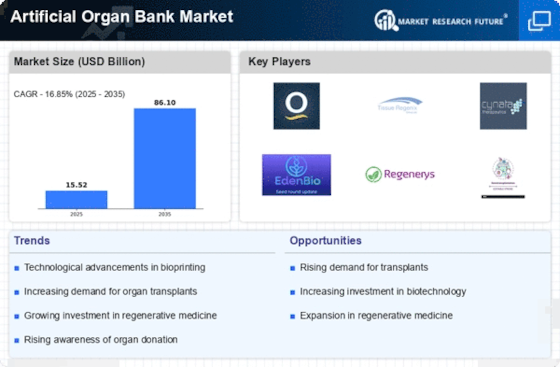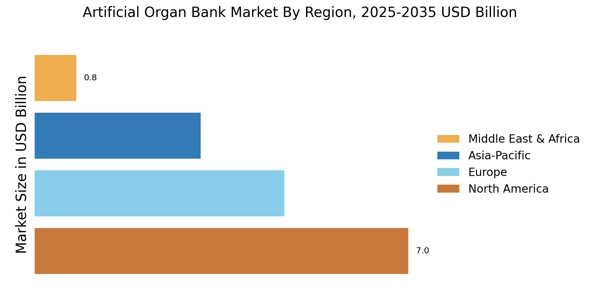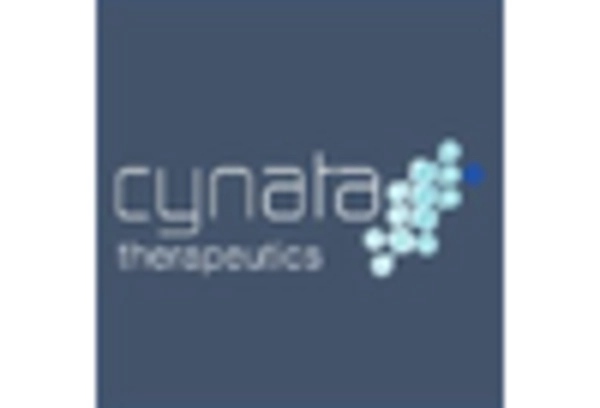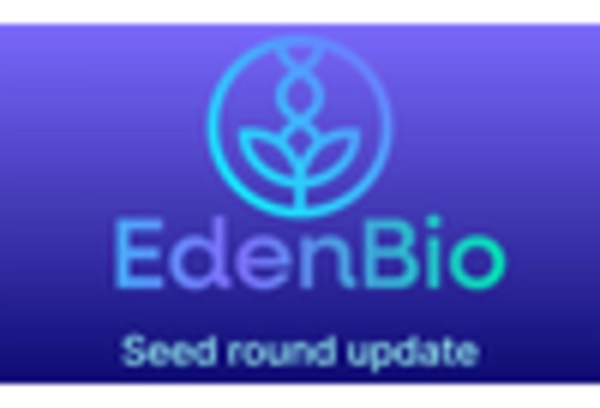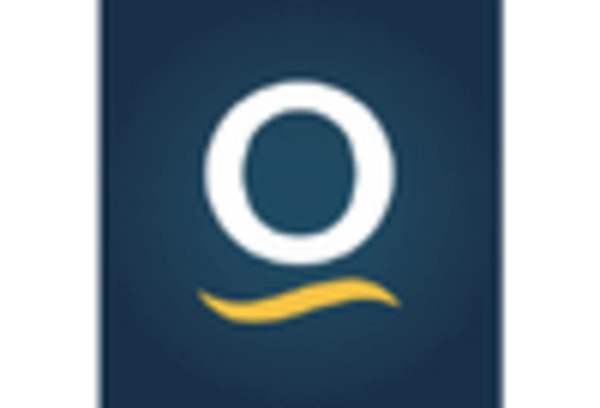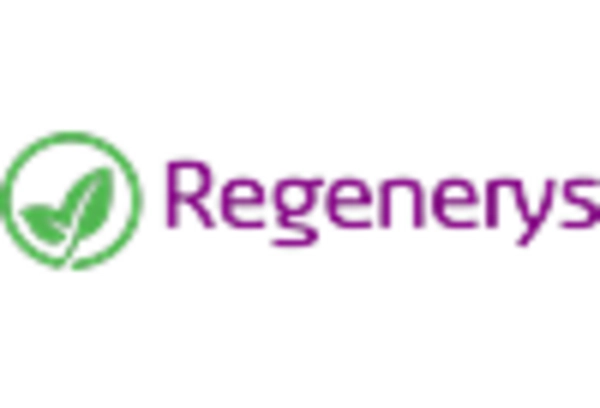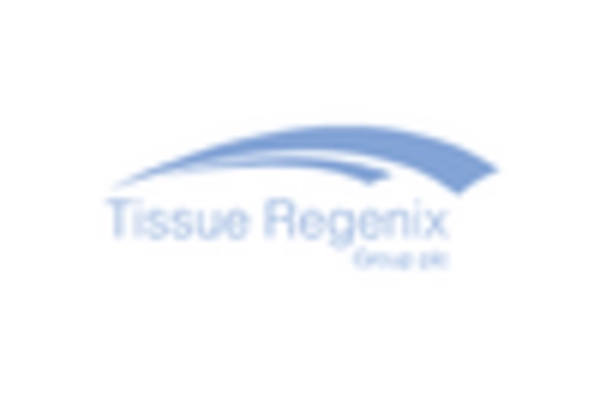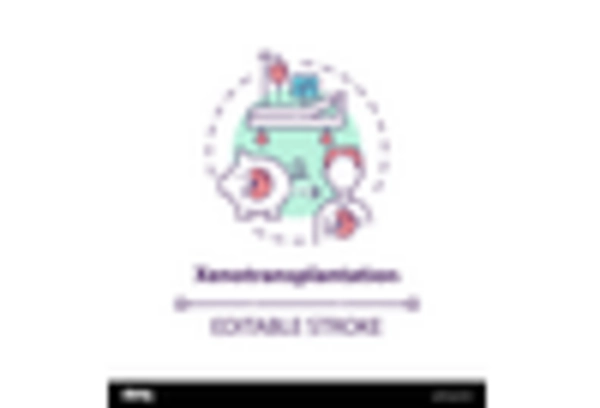Rising Incidence of Organ Failure
The prevalence of organ failure is escalating, which significantly impacts the Artificial Organ Bank Market. Conditions such as diabetes, hypertension, and liver diseases are contributing to a growing patient population in need of organ transplants. Current statistics indicate that millions of individuals are on waiting lists for organ donations, highlighting a critical gap in supply and demand. This increasing incidence of organ failure is likely to drive investments in artificial organ technologies, as healthcare systems seek to address the urgent need for viable alternatives. Consequently, the Artificial Organ Bank Market is poised for growth as it offers solutions to meet this pressing healthcare challenge.
Technological Innovations in Bioprinting
The Artificial Organ Bank Market is experiencing a surge in technological innovations, particularly in bioprinting techniques. These advancements enable the creation of complex tissue structures that closely mimic natural organs. As of October 2025, the market for bioprinting is projected to reach substantial figures, driven by the increasing need for organ transplants and the limitations of donor organs. The ability to produce organs on-demand could potentially alleviate the shortage of available transplants, thus enhancing patient outcomes. Furthermore, the integration of artificial intelligence in bioprinting processes is likely to optimize production efficiency and accuracy, making it a pivotal driver in the Artificial Organ Bank Market.
Increased Funding for Regenerative Medicine
The Artificial Organ Bank Market is benefiting from increased funding directed towards regenerative medicine research. Governments and private investors are recognizing the potential of artificial organs to revolutionize healthcare. As of October 2025, funding levels have seen a notable rise, with significant investments aimed at developing advanced organ replacement technologies. This influx of capital is likely to accelerate research and development efforts, leading to innovative solutions that could transform patient care. The emphasis on regenerative medicine not only enhances the capabilities of the Artificial Organ Bank Market but also fosters collaboration between academic institutions and industry players, further driving market growth.
Regulatory Support for Innovative Therapies
Regulatory bodies are increasingly supportive of innovative therapies, which is positively impacting the Artificial Organ Bank Market. Streamlined approval processes for artificial organ technologies are likely to encourage manufacturers to bring their products to market more efficiently. As of October 2025, regulatory frameworks are evolving to accommodate advancements in biotechnology, facilitating the introduction of novel solutions. This supportive environment is expected to foster innovation and competition within the Artificial Organ Bank Market, ultimately benefiting patients by providing them with more options for organ replacement therapies. The alignment of regulatory support with market needs could significantly enhance the growth trajectory of this industry.
Growing Awareness of Organ Donation Alternatives
There is a growing awareness regarding the limitations of traditional organ donation, which is influencing the Artificial Organ Bank Market. As patients and healthcare providers seek alternatives to organ transplants, the demand for artificial organs is likely to increase. Educational campaigns and advocacy efforts are shedding light on the potential benefits of artificial organs, including reduced rejection rates and improved compatibility. This shift in perception is expected to drive consumer acceptance and demand for artificial organ solutions. Consequently, the Artificial Organ Bank Market is positioned to expand as it aligns with the evolving needs and preferences of patients and healthcare professionals.


